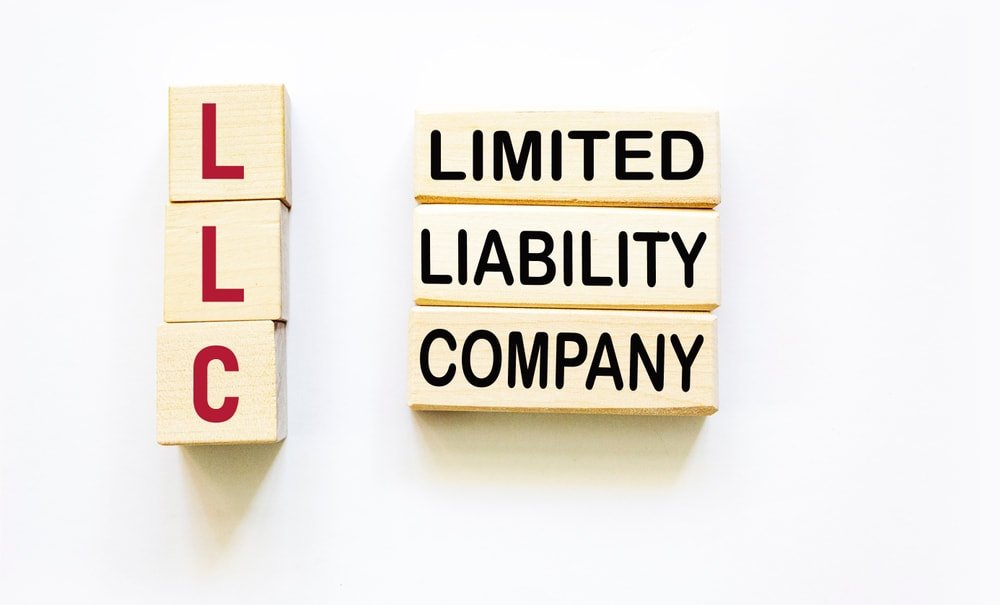When starting a business, one of the most significant decisions you’ll face is choosing the right legal structure. Among the various options available, a Limited Liability Company (LLC) has become an increasingly popular choice among entrepreneurs. An LLC combines corporate benefits and partnership flexibility, providing liability protection without the complexities of a traditional corporation. This post discusses the benefits of forming an LLC and why it could be the best structure for your business.
1. Limited Liability Company Protection
A key reason to choose an LLC is its limited liability protection for owners, called members. This means that, in most instances, members are not personally responsible for the business’s debts and liabilities. Members’ personal assets are usually protected from seizure if an LLC faces a lawsuit or incurs debt.
This legal protection is crucial for businesses engaged in higher-risk activities, such as construction, manufacturing, or service industries. Protecting personal assets allows entrepreneurs to operate confidently, knowing their belongings are safe from business financial issues.
2. Pass-Through Taxation
Tax efficiency is another key advantage of forming an LLC. Unlike corporations, LLCs benefit from pass-through taxation, avoiding double taxation on profits at both corporate and individual levels. This means that the LLC itself does not pay federal income tax. Instead, profits and losses are “passed through” to the members, who report them on their personal tax returns.
This structure can lead to significant tax savings, especially for small business owners. By avoiding double taxation, members can enjoy a more streamlined taxation process and potentially lower overall tax burdens.
3. Flexible Management Structure
LLCs offer a versatile management structure that can be tailored to fit the needs of the business and its members. Unlike corporations, which require a formal structure with a board of directors and officers, LLCs can be managed by their members (member-managed) or can appoint managers (manager-managed) to run the business.
This flexibility allows members to decide how they want to operate the business without the complexities of corporate governance requirements. The operating agreement, a foundational document for an LLC, can outline management roles, profit distribution, and operational procedures, granting members significant control over the business.
4. A Limited Liability Company Has Minimal Compliance Requirements
Compared to corporations, LLCs generally have fewer regulatory requirements and ongoing compliance obligations. Corporations are often subject to stringent formalities, such as holding annual meetings, recording meeting minutes, and filing extensive paperwork. On the contrary, LLCs enjoy the benefit of fewer requirements, making them easier to maintain.
This reduced burden allows small business owners to save time and resources, enabling better focus on growth and development.
5. Increased Credibility
Operating as an LLC can increase the credibility of a business in the eyes of clients, vendors, and potential investors. Forming an LLC signals to stakeholders that the business is serious, professional, and compliant with legal requirements. This added layer of professionalism can strengthen business relationships and foster trust with customers and partners.
In industries where reputation is critical, such as consulting, legal services, or healthcare, having the LLC designation can be a decisive factor for clients choosing between service providers.
6. Enhanced Business Continuity
While sole proprietorships may dissolve upon the death or departure of the owner, LLCs can offer greater continuity. An LLC is a separate legal entity, meaning that the departure or death of one member doesn’t necessarily lead to the dissolution of the business. Instead, the remaining members can continue to operate the LLC, maintaining its existence and minimizing disruption.
This feature is particularly beneficial for family-owned businesses or companies with multiple stakeholders, ensuring longevity and stability even in the face of personal changes among members.
7. Limited Liability Company Can Attract Investors
For entrepreneurs seeking to attract investment, forming an LLC can be advantageous. Investors often prefer to deal with LLCs due to their limited liability feature, which protects personal assets from business risks. Additionally, LLCs provide more flexible profit distribution mechanisms compared to corporations, allowing members to structure payouts that align with their investment strategies.
While raising capital can be challenging for any business, having an LLC can make the proposition more appealing to potential investors, enhancing a business’s chances of successfully securing the funding it needs.
8. Versatile Membership
Another significant benefit of an LLC is the flexibility it offers regarding membership. LLCs can have an unlimited number of members, and those members can be individuals, corporations, other LLCs, or foreign entities. This diversity in membership opens the door for various business structures and partnerships, making LLCs suitable for a wide range of business types.
For entrepreneurs looking to collaborate with other businesses or combine resources, forming an LLC can provide a flexible framework that fosters multiple avenues of growth and development.
Conclusion
Choosing the right structure for your business is a critical step that can significantly impact your operations, taxation, liability, and overall success. The Limited Liability Company (LLC) offers a harmonious blend of protection, flexibility, and simplicity, making it an attractive option for many entrepreneurs.
The benefits of limited liability protection, pass-through taxation, flexible management options, and minimal compliance obligations each contribute to the appeal of forming an LLC. Whether you are starting a small business, a family-owned enterprise, or a partnership, an LLC may provide the ideal framework to help you achieve your goals while safeguarding your personal assets.
As with any business decision, it’s essential to consult with legal and financial professionals to ensure that forming an LLC aligns with your specific needs and circumstances. By stepping confidently into the world of entrepreneurship under the LLC structure, you can focus on what truly matters: growing your business and turning your vision into reality.

